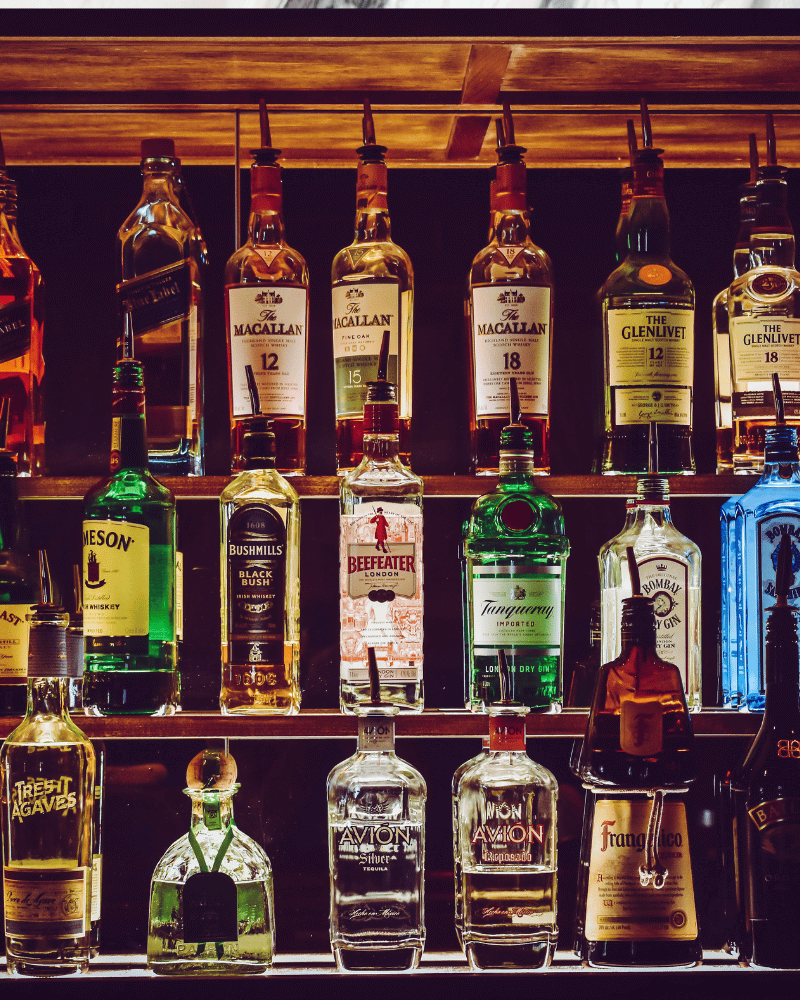Many people ask themselves: where is the line between an alcohol problem and alcoholism? An alcohol problem usually manifests itself through increased consumption and occasional negative consequences, such as missed commitments or mood swings. Alcoholism, on the other hand, is a dependency disorder that can have physical, psychological and social effects. It is important to recognize the differences in order to seek appropriate help.

Signs of an alcohol problem:
An alcohol problem often manifests itself gradually and in everyday behavior. The first warning signs include
- Frequent cravings for alcohol, especially when under stress
- Difficulties controlling or limiting consumption
- Conflicts in relationships or work situations due to alcohol consumption
- Reaching for alcohol to relax or unwind
Such signs should be taken seriously as they may indicate a possible addiction.
Recognize alcoholism
Alcoholism is a serious disorder characterized by repeated loss of control over consumption and physical and psychological symptoms. Typical signs of alcoholism are
- Increased tolerance, i.e. the need for more and more alcohol to achieve the same effect
- Withdrawal symptoms such as trembling, nervousness or sweating
- Focusing everyday life on drinking and obtaining alcohol
- Continued consumption despite negative consequences
If such symptoms occur, it is advisable to seek professional help.

Self-test: Do I have an alcohol problem?
Self-tests can be a first point of reference to determine whether problematic consumption is present. Ask yourself honestly:
- Do I drink more often than I actually want to?
- Do I turn to alcohol to improve my mood?
- Have I ever tried in vain to drink less?
A yes to one or more of these questions may indicate that it is time to reflect on your own drinking behavior and possibly seek support.
Help with alcohol problems: Where to find support
There are numerous support services that can help you or your loved ones. You can find support at:
-Counseling centers: These offer professional help and often free consultations.
-Self-help groups: Groups such as Alcoholics Anonymous allow you to talk to other sufferers in a protected environment.
-Therapy services: Addiction therapies, both outpatient and inpatient, can help to overcome the causes of addiction and lead an alcohol-free life.
The first steps towards support can take courage, but they are worth it to regain control over your own life.
Self-help tips: what you can do yourself
In addition to professional support, there are also measures you can take yourself:
-Establish new habits: Sports or creative hobbies can help replace alcohol with positive activities.
-Avoid triggers: Avoid situations or places that stimulate consumption.
-Take small steps: Set yourself realistic goals, such as drinking less or staying alcohol-free on certain days.
Self-help can be the first important step and pave the way for long-term change.



